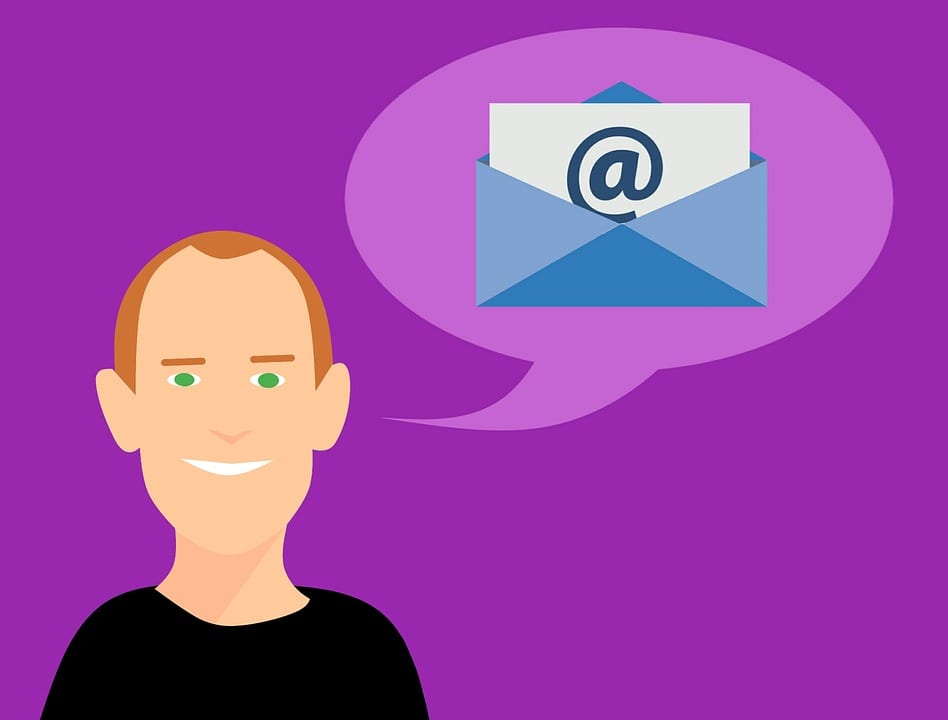You may not realize it, but email trackers have most likely taken over your inbox. You have to dig a little bit to find out what kind of email trackers (and how many) are embedded in your inbox, but once you do, it’s a little disconcerting.
Here’s how they typically work: a tiny pixel image that you can’t see is attached to your email. When you open the email, the teeny tiny image is loaded from a server and that server allows the tracking agency to record your data. Pretty genius, but also pretty intrusive.

Photo Credit: Max Pixel
There are different types of trackers. Some show when an email is read, some track clicks and downloads, and others let the sender know when an email was opened. In 2018, computer scientists at Princeton revealed that 70% of email mailing lists were using tracking tools.
If you use Gmail, two extensions you can employ to see who and what is trying to track your email are Ugly Email and PixelBlock. Ugly Email puts an eyeball icon in the subject line from emails that are being tracked to give you a heads up. PixelBlock blocks email trackers and lets you know how many times they’ve tried to track a certain email.

Photo Credit: Max Pixel
Here are some other tips to stop email tracking:
- Disable images from autoloading in your emails. This will stop invisible tracking pixels from loading.
- If you have an iPhone, go to Settings, click Mail, and swipe left on the “Load Remote Images” option. This will turn it off.
- If you have an Android, select “Ask before showing” when you tap Images.
We previously talked about Gmail, but if you use Outlook or Thunderbird, the default setting for those programs disables loading images, so you don’t need to complete any of the steps above.
One more step all email users can complete is to disable the use of HTML in their inboxes.

Photo Credit: Pixabay
Often times the information being tracked makes its way to marketing companies (and scammers). The information goes round and round between third parties so they can sell your info onwards or use it to try and target you. It’s actually pretty unnerving when you think about it.
So be careful and protect yourself and your information at all times!






